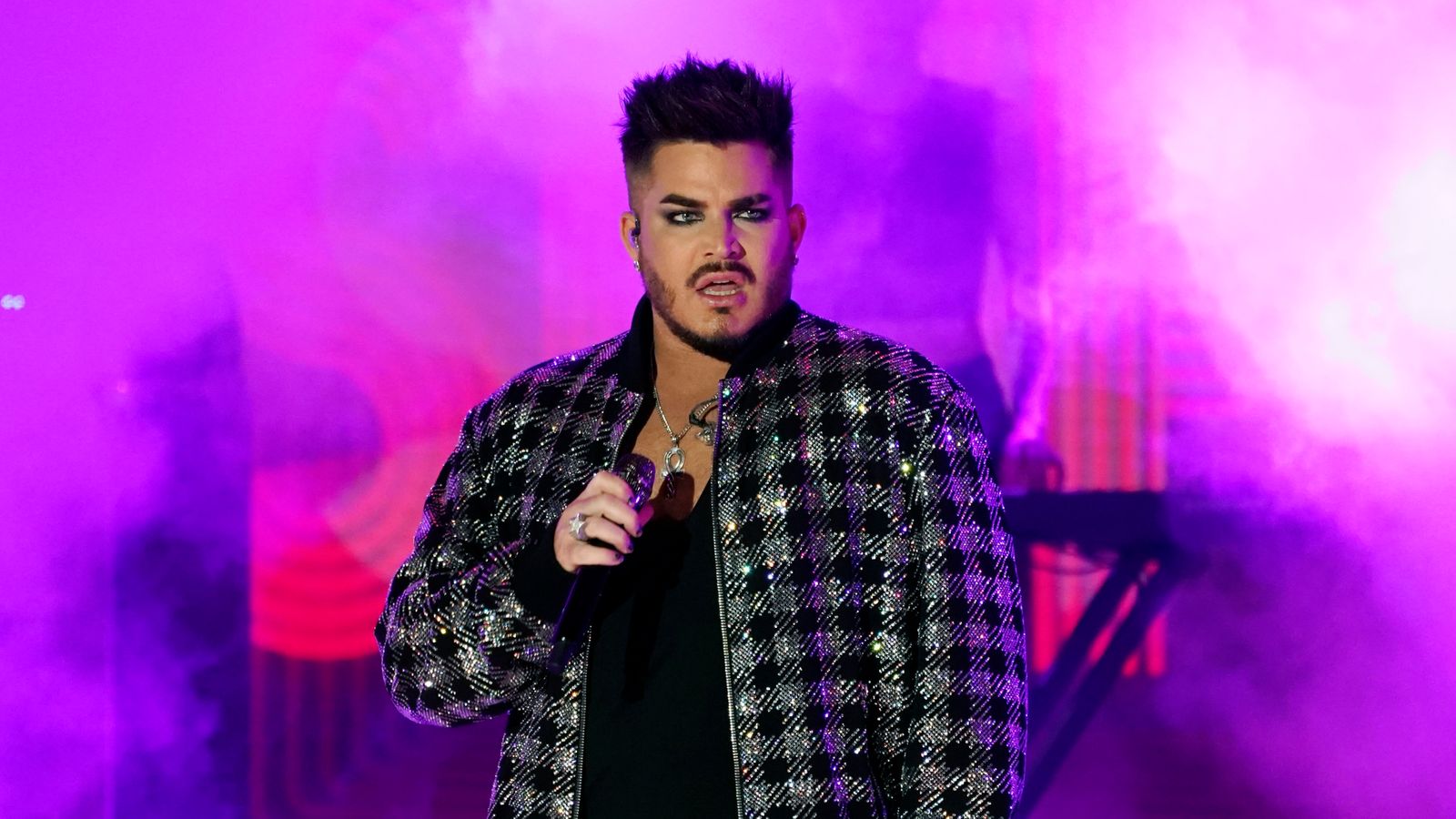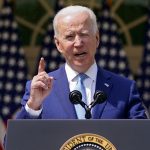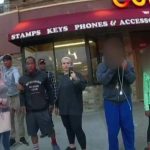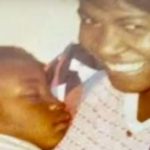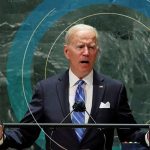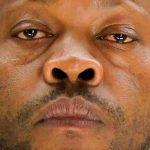Turning 40 is “slightly terrifying”, singer Adam Lambert has said, as he prepares for the milestone birthday later this month.
But the US entertainer, who shot to fame after finishing runner-up on talent show American Idol in 2009, has told Attitude magazine he is embracing the imminent change.
“I do have Peter Pan complex, for sure, so 40 is slightly terrifying,” he said.
“That being said, I’m on a personal transition right now into the next chapter. It’s exciting.”
The star admits he is unsure how he will celebrate the event on January 29, revealing: “I don’t have anything planned for my 40th yet. I’ll do something with friends.”
In the 13 years since Idol, Lambert has established himself as an international star, performing with rock band Queen and selling millions of albums.
Why are so many huge stars suddenly selling their music rights?
Eddie Redmayne regrets playing trans woman in The Danish Girl, saying it was a ‘mistake’
Lesbian couple welcomes ‘overwhelming’ support for challenging NHS fertility policy described as ‘£50,000 gay tax’
Mila Jam: Trans singer says a ‘revolution’ is happening in the face of a ‘pushback’ against pronouns
The Indianapolis-born performer became the first openly gay artist to top the US Billboard album chart, with 2012’s Trespassing.
He recently compared being openly gay in the music industry a decade ago to the “wild west.”
Lambert told the magazine: “If I was growing up right now, a teenager or in my early 20s in 2021, would my relationship with my sexuality or gender be exactly what it is now?
“I don’t know. It might be different. As we get older, identity becomes less of a priority and mystery.
“That’s one reason the new generation is so excited about pronouns and names for their gender. They’re in the process of becoming who they want to be. That’s what you do in your teens and 20s.”
Subscribe to the Backstage podcast on Apple Podcasts, Google Podcasts, Spotify, Spreaker
Lambert also addressed how much attitudes to gender fluidity had changed since he was younger, saying: “You look at the scene now and it’s so much more accepted and visible.
“I remember before being on the music scene, in LA gay clubs, the only people who wore make-up were drag queens.
“Drag was very small – it wasn’t an industry. I always enjoyed putting make-up on because I liked the way I looked in it, the expressiveness, alternativeness of it.”
